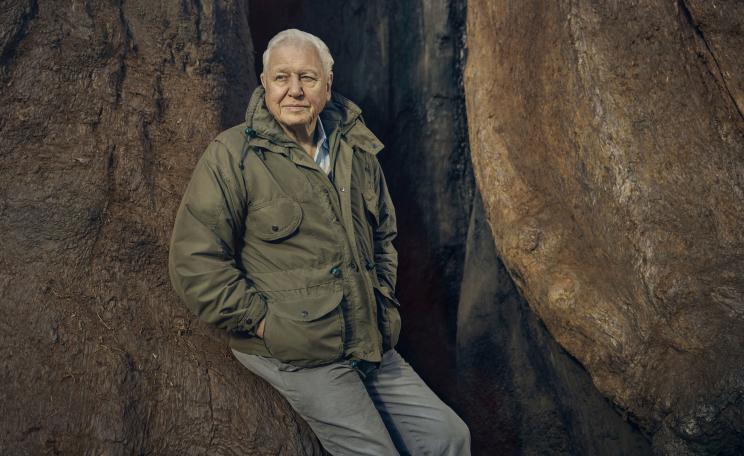True's beaked whale is a deep-water species and like other beaked whales would be expected to strand only rarely.
One of the world's rarest species of whale has been discovered stranded in the United Kingdom for the first time, researchers say.
The female True's beaked whale was found at Kearvaig Bay in Sutherland earlier this year.
It is now in the collections of National Museums Scotland and research has confirmed it as a True's beaked whale.
Oceans
The cause of death of the whale, which was discovered on January 29, was found to be trauma associated with live stranding most likely as a result of a severe storm, possibly Storm Brendan on January 13.
Dr Andrew Kitchener, principal curator of vertebrates at National Museums Scotland, said: "True's beaked whale is a deep-water species and like other beaked whales would be expected to strand only rarely.
"While this discovery adds to the diversity of cetaceans we see in Britain, in recent years there have been many deaths of beaked whales, which may signify that human activities may be causing increasing problems in our wider oceans."
True's beaked whale is a medium-sized whale which can grow up to 5.4m long and weigh up to 1,400kg.
It is found in warm, temperate waters of the North Atlantic Ocean, mostly off the edges of continental shelves, however there is a separate population which occurs in the southern oceans around the world.
Habitat
They feed mainly on squid, but also small fishes and their main European stronghold is in the Bay of Biscay.
True's beaked whale has been seen in groups of up to three and is rarely stranded.
Dr Kitchener and Dr Andrew Brownlow, of the Scottish Marine Animal Stranding Scheme, Scottish Rural College (SRUC) have written a paper about the discovery which is to be published in Mammal Communications, the online journal of the Mammal Society.
Dr Andrew Brownlow, the veterinary pathologist in charge of the Scottish Marine Animal Stranding Scheme, Scottish Rural College (SRUC), said: "Beaked whales are a famously difficult or 'cryptic', species to understand.
"Their main habitat is thought to be the deep ocean; in Scotland this is around 80 miles offshore on the continental shelf, which is not an easy place to monitor.
Remote
"At the surface beaked whales can be difficult to spot; they are not as acrobatic or visible as many other whale or dolphin species, and hence much of the information we have on them comes from examining stranded individuals that wash up on our beaches.
"From this we can get an idea of distribution and identify possible threats to these otherwise quite mysterious creatures. Our finding of a True's beaked whale adds a fourth beaked whale species to those we have strandings records for in the UK.
"Although this is just one animal, it highlights the increasing diversity of species we have out in our waters and emphasises even more the need to better understand our deep ocean habitats and the impacts human activities are having on these amazing but enigmatic species."
The whale is one of a number of new species recorded in Britain and Scotland since the early 1990s.
Researchers said this may partly reflect global climate change, but also reflect that it is now easier for people to report strandings, with "citizen scientists" and mobile phones making identifications possible even from remote places where whales and dolphins may get stranded.
This Author
Lucinda Cameron is the PA Scotland reporter.







